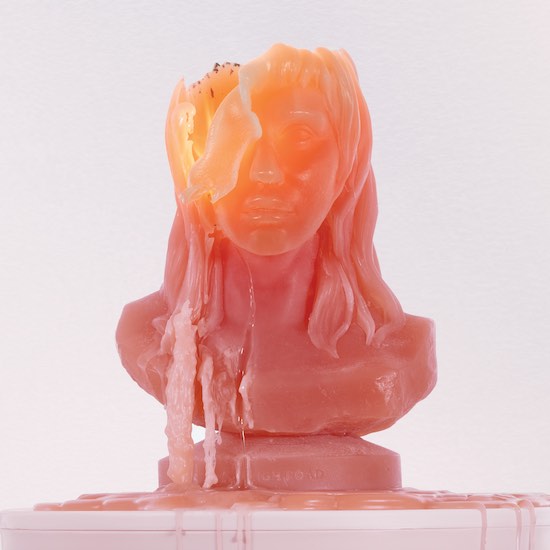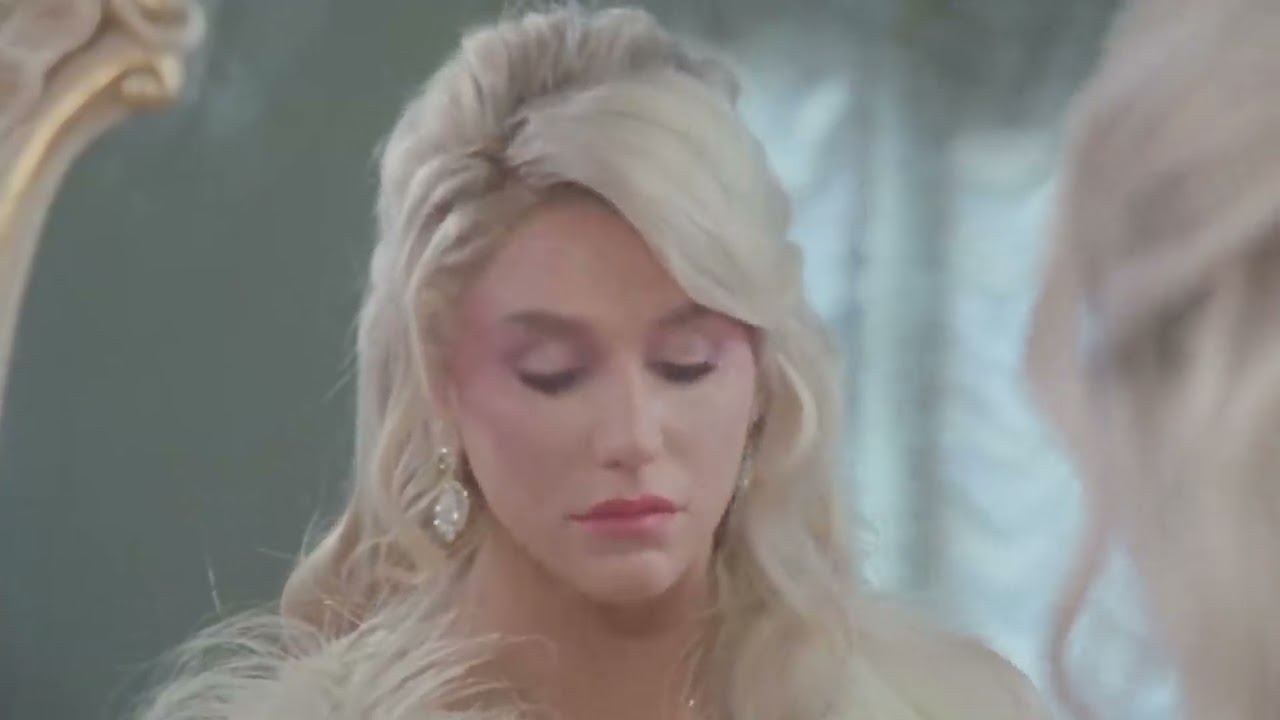High Road is Kesha’s follow-up to her 2017 liberation record Rainbow. Despite containing some ecstatic curveballs with Dap Kings, Eagles Of Death Metal and Dolly Parton, that album mostly stood out for its incredible return-to-the-fray power ballad, ‘Praying’, in which Kesha directly channelled in song the immense damage done to her earlier in her career. ‘Praying’ was also proof that she could belt out a huge chorus; still a minor revelation to the wider world, because of how relentlessly her vocals had been manipulated; her singing presented as faux-drunken declamation rather than melody management, with autotune on overdrive, on those previous breakout hits.
Once Rainbow happened, even typing ‘Ke$ha’ with its dollar sign branding felt like dead-naming, so toxic was her relationship with the past. Yet now, High Road kicks off by appearing to double back in that direction. Opener ‘Tonight’ switches from a false intro of soft piano into a sneering party jam. Then the fiery ‘My Own Dance’ rams the point home: “The Internet called and it wants you back. What’s a girl to do? Pour some booze. Fuck it,” before Big Freedia smashes a guest slot on ‘Raising Hell’ (with an excellent evangelism parody video). Although I’m hugely enjoying myself, I begin to fret at the idea that High Road might be undoing some important work, like a J.J. Abrams undoing a Rian Johnson; almost as if it’s an alternative fan service followup to 2012’s Warrior and we’re meant to forget the Rainbow achievement altogether. As if that hadn’t urgently needed to happen. The singer notionally liberating herself from that very sense of ‘survivor’ that she rode on last time. “Bitch! Shut up and sing!”
But slide on in: as the f-bombs scatter and sloppy seconds diss tracks land hard, Kesha’s integrity and emotional depth leans in too. She may be a Malcolm Tucker of chart pop but there is so much symbolism – and often raw courage – in Kesha’s creative reclamation of her self, it can be dizzying. I needn’t have worried.
Like, the sharp and funny Nashville hook-up story of ‘Cowboy Blues’, with Taylor Swift’s light storytelling touch, if only Taylor was less buttoned up about language.
Like, then Kesha has a go at doing the same alt-country jam again but takes it seriously this time, on the exceptional Sturgill Simpson collaboration ‘Resentment’, which we heard late last year. It leaves as deeply affecting an aftertaste as anything by the best of the current alternative songwriter scene. By which I mean, it wouldn’t feel out of place on Better Oblivion Community Center or the Boygenius album.
Like, the neat minimal eight-bit bleeps and claps of ‘Birthday Suit’, its verses maybe not as subtle as Charli XCX’s use of similar on ‘Boys’ but Kesha’s joyful playground thirst and perfectly decent rapping drags us over the line with a grin to spare.
The production on High Road is one step behind the full-on innovation and tight focus of some of Kesha’s peers, which can risk the record sounding hackneyed, except she’s such a terrific show-runner. So, despite cheesoid 80s Kylie and Jason simplicity that might otherwise feel sonically underachieving, ’BFF’ for example works beautifully as a deep-level friendship duet, with its lovely truthful-sounding notes of specificity. The other voice is under-acknowledged Texan singer Wrabel. He’s an unexpected, delicate foil. I’ve not heard an uplifting friendship ballad before that mentions candy penises.
And then, just when you’re comfortable and fully assimilated, here comes ‘Father Daughter Dance’. This short song is just fucking brutal. Unflinching, unexpected, in context with all that’s come before, our hero draws blood, digging her nails so hard into the lifelong hurt of abandonment. Even the chorus, which comes first, strikes a deceptively light, melancholy sing-song note. Before:
“There was always drama. I’m sorry I’m always so anxious and numb. Just sorry I’m fucked up. I really just don’t know how to love, how to trust…”
Or especially in the second verse:
“I’m never alone. But god I’m so lonely. Fuck on my phone. Hoping it’ll help me with my anxiety but it don’t. I don’t even know if I want to have kids, I don’t want to fuck em up the way you did. Sometimes I wonder: if I’d had a dad, would he have protected me from all the bad…. shit?”
Especially since we’ve glimpsed the backstory, hard reality slices its way in. Where, say, Billie Eilish (whose minimal, glitching groove this resembles) is just messing about with fun ideas in a private sandpit with her big brother, Kesha has skin in the game. Finally, the chorus is re-scored to replace the sing-song delicacy with raw, soaring pain. There has long been class discomfort reasonably evident in Kesha’s work (the eyebrow-raising use of ‘bougie’ in a lyric, years ago, where nobody else around at the time would’ve considered it). ‘Father Daughter Dance’ drops almost at the end of High Road, in and out, does its job in two and a half minutes. I wonder if casuals will miss it. It’s outrageous and sublime to put this song on this record at this moment.
Crucially, whether deliberate or a happy accident all over her hotel room carpet, High Road does a precious thing: it appears to forgive us. It reclaims the old dirt and rubs it back into these shiny newer beats, to tell a whole truth. I was already on Kesha’s side, whatever she did next. But High Road is very easy to love, or at least want to spend a bunch of nights with. An energetic polyamorous collection to throw around the mainstream and keep the Insta threads busy. It’ll work at spin class and at 3am in the basement club. But inside, this little clutch of outright classics ought to be recognised. High Road is the first time I’ve started to think of Kesha as a lifer. We could find ourselves with a brilliant, courageous, full-on album artist to last decades, if we’re fucking lucky.



